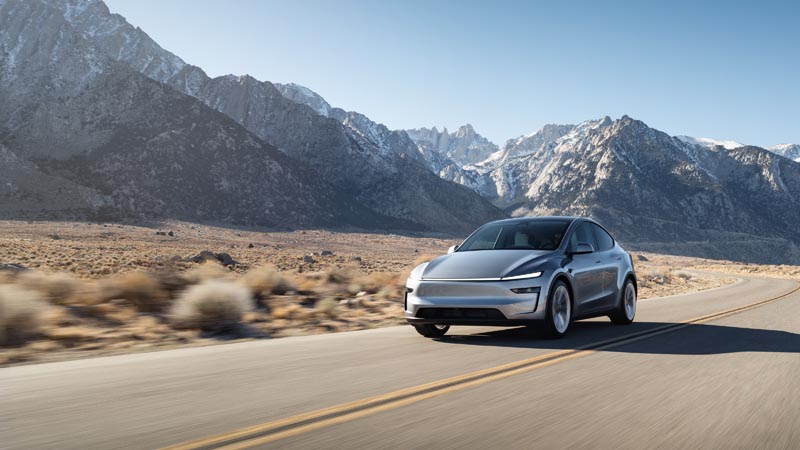The electric vehicle market could be headed for a major shakeup as House Republicans target popular clean vehicle incentives for elimination. A newly released bill text reveals plans to end the $7,500 federal EV credit and the $4,000 previously-owned clean vehicle credit on December 31st, 2025.
The draft legislation specifically states that vehicles placed in service after December 31, 2025, won’t qualify for new clean vehicle credits if the manufacturer has sold more than 200,000 vehicles in the US between December 2009 and December 2025.
Beyond the consumer-facing incentives, Republicans also want to terminate the Commercial clean vehicle credit and alternative fuel vehicle refueling property credit at the same deadline.
While the bill text provides concrete details about these potential changes (Full bill text), it’s worth noting that the proposal must still pass through both the House and Senate before becoming law.
Speaker Mike Johnson didn’t mince words when discussing the future of EV tax credits last week. “I think there is a better chance we kill it than save it,” Johnson stated in a Tuesday interview, adding, “But we’ll see how it comes out.”
These comments signal a significant shift in clean energy policy priorities, especially as they come right when automakers have committed billions to electrify their vehicle lineups.
The potential elimination of EV tax credits threatens to upend the economics of electric vehicle adoption in the US. Without the $7,500 federal credit, even Tesla’s more affordable models would effectively see a price hike compared to conventional vehicles.
This change could dramatically slow EV adoption rates that have gained momentum in recent years. Manufacturers who’ve built their business strategies around continued government support for electrification might need to quickly reassess their market approach.
Not all House Republicans support eliminating clean energy tax incentives. A group of 26 GOP lawmakers recently sent a letter to the House tax committee chair requesting that certain incentives, particularly for nuclear and clean electricity credits, remain intact.
Related Post
New York Bolsters EV Rebate Program: Up to $2,000 Off New Electric Vehicles
Washington State Approves 10% Tax on Tesla Carbon Credit Sales
